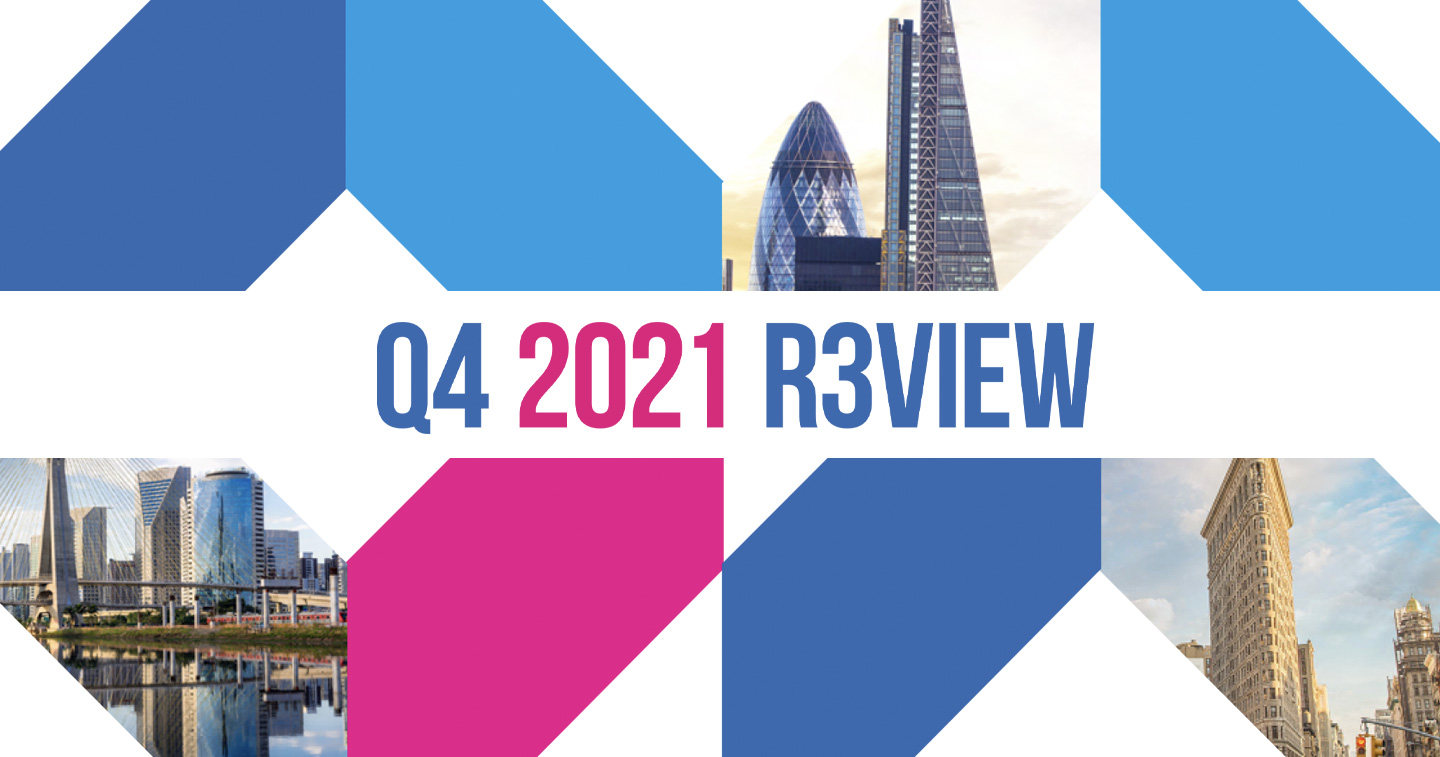MANILA, PHILIPPINES – Leading global independent consultancy R3 released its in-depth quarterly report on the marketing communications industry, covering the fourth quarter of 2021. Here are some of the key trends and highlights presented in its report:
Developing next-gen in-house teams
With agility, ownership, and leadership becoming more essential, several leading brands have made in-house agencies a core function. There has been subsequent growth in digital ad format and production, so many in-house agencies will have to regroup to respond to that.
The most evolved in-house teams possess a few key traits that have made them the driving force in brand marketing. They focus on process replication, adapt their form, and understand the ecology. To get to the next level, in-house teams must answer a few questions: namely, what is the end goal and what must the team deliver right now?
Agencies and in-house teams are being shaped by growth in digital ad formats, data privacy in a cookie-less world, growth in production, and in-house efficiency. Other factors are client agency models, diversity and inclusion, transforming governance, and sustainability and ESG targets.
Meanwhile, agency partners will need to exhibit characteristics that will bring them to the intersection of data, strategy, and culture. They must be able to work across and within those key domains.
What The Great Resignation means for marketers
The peak of the pandemic saw the five big agency networks in aggregate cut staffing by 5.8 percent. Both furloughs and layoffs became common. As agencies begin to hire again, they were probably surprised that there has been a dramatic change in job market dynamics.
Agencies are trying to attract and retain talent via hybrid systems, sense checks, mental health support, and holistic development. For brands, a few things have come into focus.
With the number of agency talent on the move, now is the best time for marketers to look at in-house options. Since talent cost is on the rise, there is an immediate need to scrutinize agency fees and resource allocation. Marketers also need to better understand the inner workings and policies of agencies.
Marketing across the metaverse
Even as people were stuck in their homes, marketers tapped new sources tied to social e-commerce to reach them. Video games, avatars, blockchain technology, and NFTs became places where players could escape the monotony of their rooms and explore new worlds.
The building blocks of this “metaverse” are hardware, networking, computing power, virtual platforms, interchangeable tools and standards, payments, metaverse content, services, and assets, and user behaviors.
Just as e-commerce disrupted the retail experience, the metaverse will impact the marketing and advertising industries. Brands need to figure out how to remain authentic in this environment.
Expanding diversity, equity, and inclusion from culture to contracts
With so many professionals now working in multicultural regions, there is a fine line between respect for tradition and investment in the future. R3 itself has undertaken studies over the past two years to better understand how marketing can develop its own framework for Diversity, Equity, and Inclusion (DE&I).
While agencies in Southeast Asia aren’t doing too bad in terms of gender representation, DE&I initiatives were largely centered on culture building. Sixty percent of agencies didn’t have any formal process to ensure diversity and inclusion in their work. There is a recognized need to nurture workplace cultures that are affirmative of individual identity.
Guidelines and processes are being called upon to keep everyone on track and minimize opportunities for bias. Based on R3’s study on gender representation, 44 percent of ads in Southeast Asia promote negative gender roles. Thus, the addition of a few steps in the overall process can positively impact media and marketing.
The R3VIEW notes that there is a need to deliver work that is diverse and inclusive. For their part, clients need to demand it. Without it, those in the marketing industry will struggle with making any real commitment to these values.
R3 is a leader in global, regional and local consulting on improving the effectiveness and efficiency of marketers and their agencies. We work with twelve of the world’s top twenty marketers including Unilever, Samsung, Coca-Cola, Mastercard, Colgate, Procter & Gamble, BMW, Intel and Shell. For more information visit www.rthree.com – or follow on linkedin.com/company/r3 and twitter.com/R3WW.
RELATED ARTICLES:









